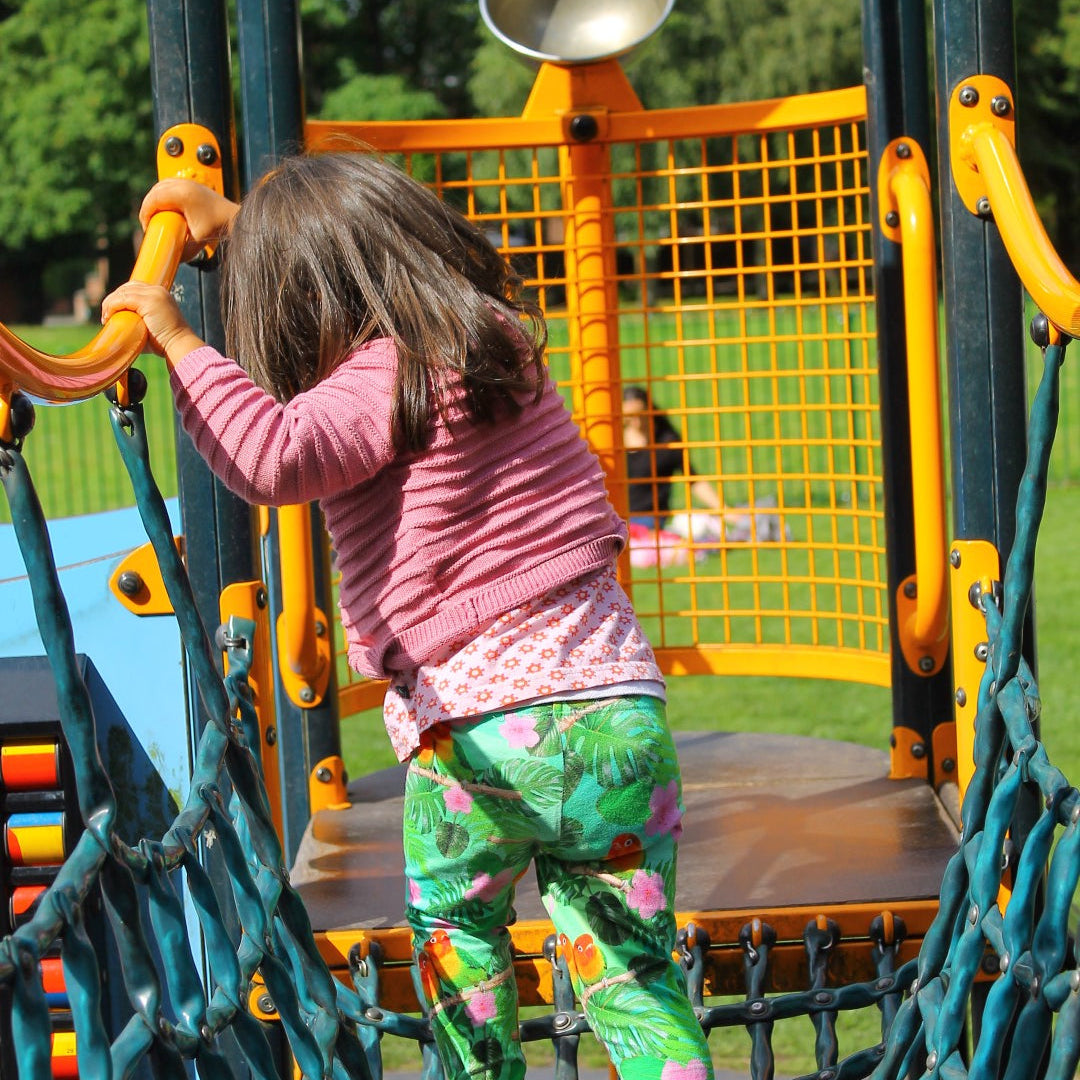
Building Strong Partnerships with Families to Support Early Learning
Families are a child’s first and most important educators. Long before children enter your nursery or reception class, they are learning from the people around them, developing habits, attitudes, and values that shape their approach to school and life. As an Early Years professional, you have a unique opportunity to build on this foundation by working in genuine partnership with parents and carers.
The evidence for doing so is compelling. Goodall and Vorhaus’s (2011) review of best practice in parental engagement found that when parents are engaged in their child’s education, not just involved in school life, children achieve more. This engagement goes beyond attending events or volunteering; it means actively supporting learning at home, reinforcing what is taught in school, and building consistent approaches between home and school.
This distinction between involvement and engagement is crucial. A parent who attends a sports day or donates to a school fundraiser is involved, but not necessarily engaged in their child’s learning. Engagement means they are asking what their child is learning, finding ways to reinforce it at home, and seeing themselves as an active partner in the process.
Creating these partnerships requires intention. Start by auditing your current approach, what’s working well, and where are the gaps? Then set clear goals for how you want to involve families in learning. Staff need training, resources, and most importantly, the time to develop relationships with parents. Communication must be personalised and respectful, recognising that every family’s circumstances are different. This might mean offering flexible meeting times, using translation services, or sending short, practical messages rather than long letters.
Targeted support for families who need it most can make a significant difference. Some parents may lack confidence in supporting their child’s learning or may have had negative experiences with education themselves. By offering encouragement and simple, achievable activities, you can help them feel empowered rather than overwhelmed.
One practical and effective framework is the Model – Mentor – Coach approach.
· First, model activities for parents by showing them exactly how they work and explaining their benefits. This could be during a workshop, a parent drop-in session, or even through short videos.
· Next, mentor by supporting and encouraging families as they try these activities with their children, perhaps in small groups or one-to-one settings.
· Finally, coach by keeping in touch, checking on progress, and suggesting new ideas to build on what they have achieved.
Every interaction with a parent is an opportunity to strengthen the home–school link. Whether it’s a quick chat at drop-off, a positive note sent home, or a phone call to share good news, these moments build trust and make collaboration easier. By making family engagement a central part of your practice, you are not only supporting the child in front of you but also helping to create a community where learning is valued and celebrated.
